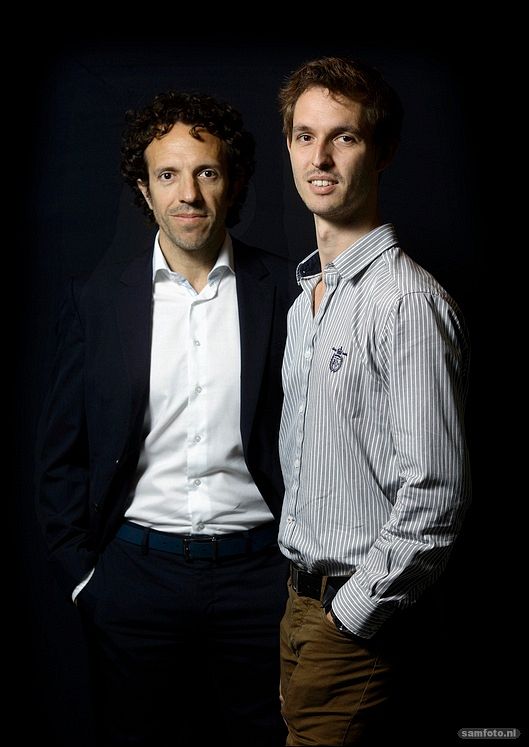With this second installment, Delta continues a short series looking at the personal experiences of PhD candidates at different stages of the process and their supervisors.
Maurice Hoogreef, PhD candidate in Flight Performance & Propulsion, Faculty of Aerospace Engineering
When the time came for Maurice Hoogreef to choose a field of study he was very close to pursuing a career in accounting. But a passion for cars changed that and a Formula 1 car sighting at a TU Delft open day inspired him. Having completed a BSc and MSc, he’s now in the final year of his aerospace PhD.
The learning curve was steep at the beginning according to Hoogreef. “The biggest challenge for me was finding out for myself the direction I wanted to take,” he said. “When you start on a topic that you are not very experienced with it’s easy to give up.” He also expected doing a PhD to be like a master’s thesis so he wasn’t prepared for the freedom. He said he would have liked a more defined scope in the beginning and someone telling him what to do.
On facing the challenges of a PhD, Hoogreef advises trying to see the positives because it’s easy to see the negatives when things don’t work. But despite the challenges, there are also rewards. “Obviously I get a lot of satisfaction when I get something done that works and also when I can explain it to others,” he said.
Although Hoogreef loves teaching, he is not yet certain whether he will work in academia or industry when he’s finished. But doing a PhD has taught him a lot, including that fact that there’s more to it than research. He noted there’s a lot of personal interaction involved and you grow as a person. “You experience a lot, you find your direction and you learn a lot from that process.”
Dr. Gianfranco La Rocca – Assistant Professor, Flight Performance & Propulsion, Faculty of Aerospace Engineering
According to Dr. Gianfranco La Rocca, most PhD candidates struggle in the beginning figuring out how to do things, finding motivation and focusing. “My role is to facilitate, offer guidance and suggestions,” he said. “I try to make sure they get problems out of the way so they can proceed. Normally I try to give them quite a lot of space.”
Originally from Italy, La Rocca came to TU Delft to do a master’s thesis project as an exchange student. In 2005 he was offered a position as assistant professor and completed his PhD in 2011. He currently supervises six PhDs which is a relatively heavy load. “They all have different personalities, come from different cultural backgrounds and some need more inputs than others,” said La Rocca. “You have to get a feeling for their background and determine what they need to help them stay on the right track.”
Finding good candidates is an important part of the process, as La Rocca noted that professors rely on them a lot. As a master’s student, Hoogreef stood out to him. He was very analytical and into mathematics. He could make a plan and stick to it and those are good prerequisites for a PhD said La Rocca.
Since his own PhD days, La Rocca said things at TU Delft have changed. He pointed out that in the last few years the Graduate School has helped, especially with organisation deficits. He feels expectations are more spelled out and there is less chance of the PhD dragging on for a longer period.
La Rocca believes that developing personal relationships is also a key to success. He strives for that with his PhDs and encourages them between the PhDs themselves. “To be honest, working with PhDs is the best part of the whole job,” he said. “Doing research together is the most fun and enriching part of my job.”
You can read the next story in this series on October 17, 2016. You can also read the first installment of the series.



Comments are closed.